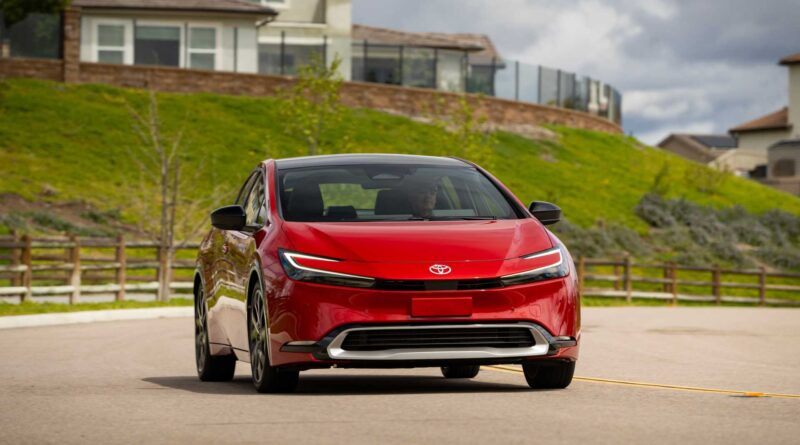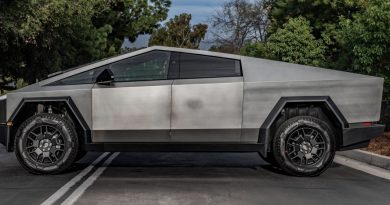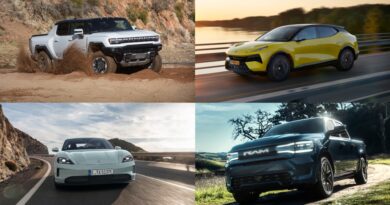Toyota Will Still Sell Hybrids, Even If It’s “Fully Committed” To Electrification
A leaked document sent by Toyota to its dealers in the United States explains why they should expect to sell more hybrids in the near future, and not so many battery electric vehicles (BEVs) or plug-in hybrids (PHEVs).
As reported by Jalopnik, the document is dated April 2023, so it coincides with the Japanese automaker’s promise to launch ten new BEVs by 2026, with one all-electric SUV slated to be manufactured in the United States. So at first glance, it seems like the manufacturer is contradicting itself, adding fuel to the fire that’s already burning among EV enthusiasts and environmentalists who believe Toyota has been too slow to adopt an all-in strategy for EVs.
But the truth is, Toyota has never said it will stop making internal combustion-engined vehicles. Instead, the group’s stated goals are to transform all its facilities into carbon-neutral locations by 2035 and all its products by 2050. Additionally, the Lexus brand will only sell EVs by 2035.
As per the document received by Jalopnik, the company says it’s “committed to offering a full array of electrified vehicle options to give all our customers the opportunity to reduce their carbon footprint.”
Back in February, Toyota’s Chief Scientist Gill Pratt argued that the best approach to reducing fleet-level emissions is to put small batteries in more vehicles rather than installing a huge battery in a single EV.
“Time will show that our point of view is actually the correct one,” Pratt said. “One way or the other, there will be a diversity of powertrains used throughout the world.”
One of the reasons for this thinking was that a shortage of critical minerals needed to manufacture high-voltage batteries is looming. And in this latest document, this idea is reiterated.
Furthermore, Toyota believes that the charging infrastructure in the United States is still lackluster, with the document stating that only 12 percent of public chargers are fast chargers and that most public chargers can take anywhere from 8-30 hours to charge an EV.
The final major barrier to widespread EV adoption in the US, as Toyota sees it, is the high price. The Japanese carmaker writes that the average transaction price for a BEV is $58,000, with consumers also needing a home charger installed, which adds $1,300 to the final cost. For context, the average transaction price (ATP) for a non-battery electric vehicle in the US is $48,008, according to Kelley Blue Book.
To overcome these issues and offer a “practical path forward,” Toyota again states that the most immediate way to reduce carbon emissions is through a mix of electrified options, which includes battery electric, plug-in hybrid, and hybrid vehicles.
The maker of the Prius and bZ4x mentions the so-called 1:6:90 rule:
“The amount of raw materials in one long-range battery electric vehicle could instead be used to make six plug-in hybrid electric vehicles or 90 hybrid electric vehicles,” reads the dealer document published by Jalopnik.
In addition, Toyota states that the overall carbon reduction of those 90 hybrids over their lifetime is 37 times as much as a single battery electric vehicle.
In the closing of the paper, the automaker says that it believes in an electric future, but that “there are significant challenges to widespread deployment that we must address first to get there.”
So, it’s evident that Toyota wants to build EVs, but it seems unwilling to budge on its short-term strategy, sticking to its arguments. But the question is, will this prove to be ruinous or a win-win situation for the environment and Toyota?
As always, let us know what you think in the comments section below.
Source : Autonews.com





